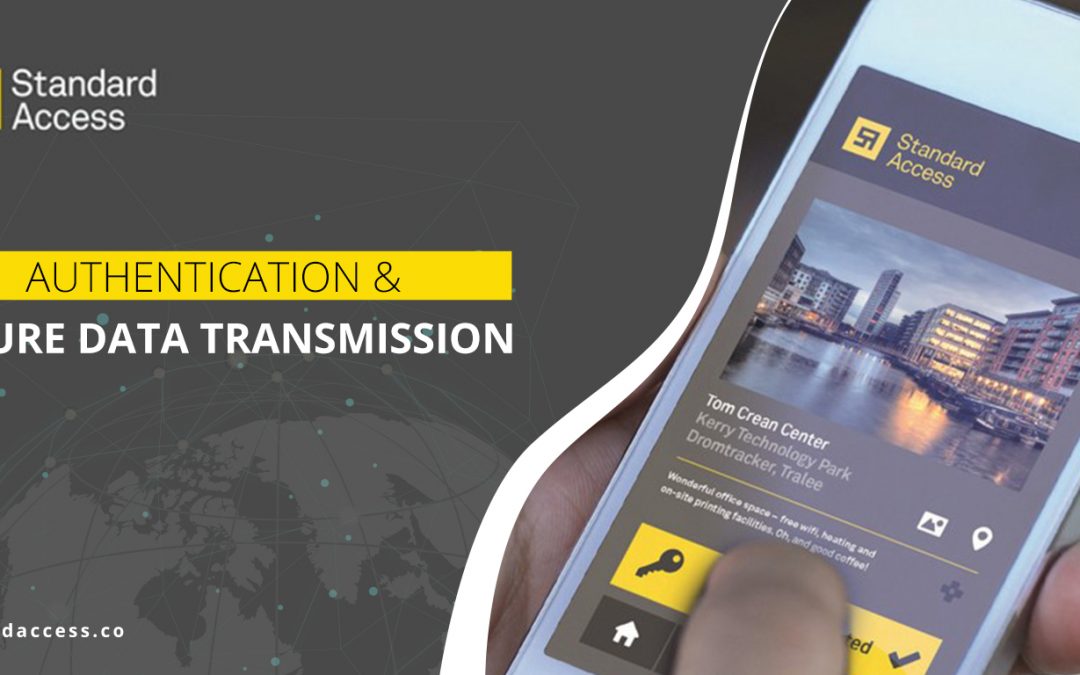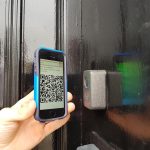~ By Damien Browne, CEO of Standard Access. Originally published on Unissu proptech platform, you can link to the full article here: https://www.unissu.com/proptech-resources/
In today’s world of people constantly travelling, it is becoming more and more difficult for organisations and landlords alike to provide safe access to restricted premises in a secure manner across a wide geographic footprint that is both user friendly and easy to manage. As access to data increases, the potential for ethical conflicts also grows.
As an organisation, Standard Access (SA) believes firmly in a person’s right of unfettered freedom of movement. The challenge for organisations today is how to manage the granting of access to locations in a manner that doesn’t compromise an individual’s rights.
The challenge for organisations today is how to manage the granting of access to locations in a manner that doesn’t compromise an individual’s rights
As society has transitioned towards the acceptance of digitisation in almost all aspects of daily life, the issue of location technologies and their constant tracking of users is a concern for many. The ubiquitous adoption of tracking technologies is due to many factors, but the main factor is the consumer demand for technology that comes in the format of a smartphone.
Smartphones are computers that talk to many networks. The latest versions of smartphones have the ability to communicate on 3G, 4G and 5G cellular protocols as well as Wi-Fi and Bluetooth, whilst many other smartphone also have NFC or RFID capability.
Standard Access is focused on the issuing and managing of “Virtual Keys” for the commercial sector. By investing in the development of highly secure encrypted communications, we have developed a system that is both easy to deploy from a management point of view and non-compromising from an end user point of view.
Consumers nowadays appear to be happy to share their personal data and usage activity if there is a personal benefit for them. Examples are consumers that have shared their location with companies such as Google & Facebook, allowing them access to details such as where they have been, how long it took to get there, the devices that were used to login to their profiles as well as their location whilst logging in.
There are many laws around the world which protect consumers from personal data harvesting e.g. The General Data Protection Regulation (GDPR), which came into effect on May 25th 2018, is a law that sets guidelines for the collection and processing of personal information from individuals who live in the European Union (EU).
Consumers nowadays appear to be happy to share their personal data and usage activity if there is a personal benefit for them
The problem for landlords is that the issuing of keys for access is a major logistical nightmare. The first scenario that best describes the logistical challenges of managing a property portfolio is as basic as meeting the person who requires access. Whilst meeting the potential new tenant or employee is in itself a logistical issue, the revoking of access can often me a more troublesome event. Modern solutions now are now able to harness the power and features of smartphones to handle all of this with ease.
Such systems don’t track individuals but allow the use of a phone (any phone) to activate door locks. It is important for these systems to work universally on any and all handset devices. This allows all users the capability of being issued with a virtual key that will communicate using a short burst of encrypted audio to grant access to a room or building after an installation…
Link to the full article here: https://www.unissu.com/proptech-resources/
About Standard Access:
Established in 2014 by Damien Browne, Standard Access is a global leader in IoT solutions for smart building access and developer of the Sonic Handshake®, which is a revolutionary Data Over Sound technology to enable building and room access using an encrypted sound byte via app. www.standardaccess.co






